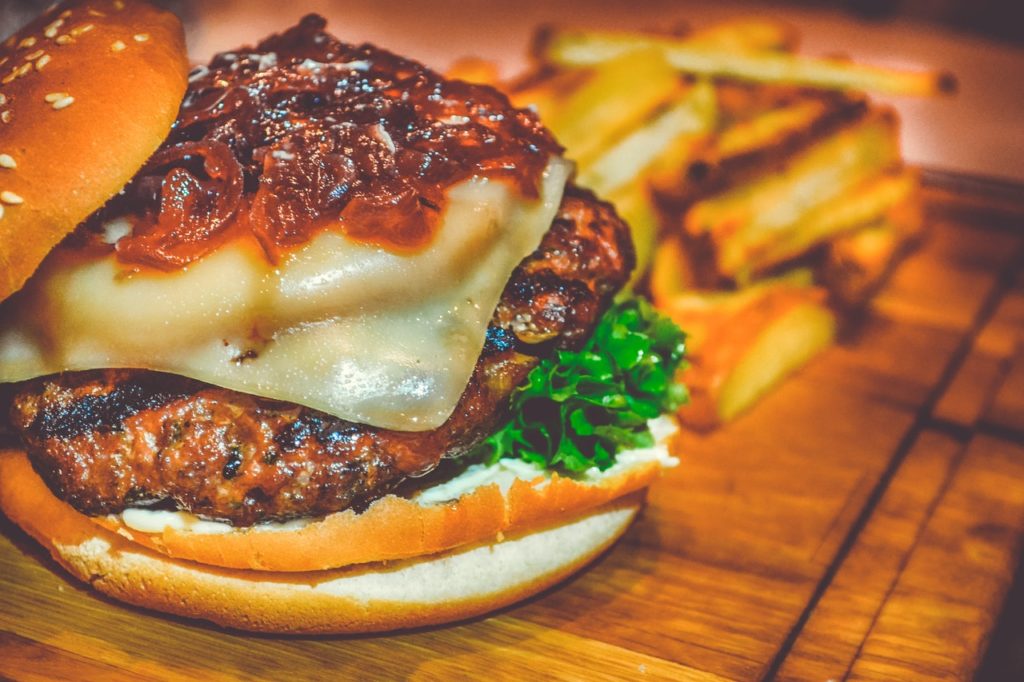As the lockdown period continues, many people continue to struggle with the mental health issues they’ve encountered since the pandemic first began. As a result, self-care has perhaps never been so highly advocated as it is now. You’ve seen it all over your social media timelines – baking, exercising, and gardening are just a few of the hobbies-slash-coping mechanisms that we’ve picked up.
But it’s also likely that there are habits we’ve picked up, perhaps even before the pandemic, that we think are beneficial but do more harm than good. We’ve listed a few of them below.
Counting calories
Professional athletes and hardcore gym enthusiasts do it, but hardly anyone ever mentions the dangers that may come with making a habit of counting calorie intake. People react differently, but the big risk that comes with it is developing food-related anxiety and eating disorders. For example, if a person has already hit their maximum calorie intake for the day, they might decide to forgo eating lunch and/or dinner.
To avoid this, ask yourself why you are counting calories. Are you doing it to live a healthier lifestyle or are you doing it to have strict control over your eating patterns? Eating disorders tend to be common among trauma survivors as a coping mechanism. If you’re bent on counting your calorie intake, it’s best to consult with a dietitian first. They can tell you what calorie count is healthy for your specific body type and health conditions. They can also help you to set realistic goals, as unrealistic goals can lead to problematic eating habits.
Tell a close friend or family member – especially one that you’re living with – that you’re counting calorie intake and ask them to monitor you. If they notice destructive eating patterns such as skipping meals, binge eating, purging after meals, or excessive exercising, it may be time to research bulimia recovery plans.
Keeping yourself busy
It’s good to have work to do and to keep yourself busy, but overdoing it and going on for too long could lead to burnout. It might make you feel good to be busy and productive, but that doesn’t last. In the long run, it’s bad for your mental and physical health if you’re constantly in work mode.
Similarly, over-exercising is also bad for you. For workouts to be truly beneficial, you need to recover from them first. That won’t happen if you’re not giving your body time to rest afterward. Rest is just as much a part of productivity as work is. Make sure you’re giving yourself time to rest. Take a few days off if you need to. If you’ve been keeping yourself busy to avoid confronting certain difficulties or issues, it’s better to stop running away and just face those demons head-on.

Sleeping too much
As with sleeping too little, getting too much sleep increases the risk of chronic diseases, such as anxiety, obesity, diabetes, and heart disease.
If you’re an adult clocking in 9 or more hours of sleep regularly, you need to consult with a doctor. There may be any number of reasons for your constant oversleeping. It could be depression, side effects of certain medications, lack of exercise, or a dietary issue. Apart from being caused by mental health issues such as depression or anxiety, hypersomnia can also lead to or aggravate those issues. People who oversleep often do so to avoid certain things about their day-to-day lives, or because their mental health problems are draining their energy.
Expecting the worst
You’ve probably read about how you need to avoid toxic positivity, the attitude of being relentlessly positive and completely ignoring realistic details and information. But the solution to toxic positivity isn’t pessimism. Pessimistic thinking is bad for your mental health. You may think that it’s a way for you to shield yourself from hurt and disappointment, but it can also be very crippling.
Being positive means that you’re more likely to keep going when things get tough because you have hope that things will get better. If you’re negative, you’re very likely to give up easily because you’ve already set yourself up to believe that things will never improve. Remember that pessimism is not equal to realism. It’s also not as effective a coping mechanism as you think it is.
With the emphasis on self-care at a peak, we need to examine the hobbies and habits we think of as self-care. Some might be doing us more harm than good. While they might make us feel better in the short term, they might lead to an even worse mental health state in the long term.

